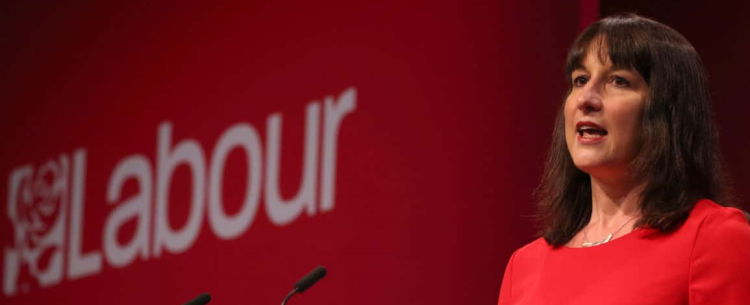What is my general opinion of the Congress? I believe it was even more managed than at my last Congress in 2019.
The most important tool of management is the CEC recommendation. The CEC positions vary in degrees of support, from Support, via Support with Qualification to Refer and Withdraw. If the qualifications, request to refer or withdraw are refused, then the CEC opposes. It is my view that the CEC were very cautious in making recommendations, especially between refer and support with qualification. They don’t seem to operate on the principle that ‘other people have good ideas’.
A second important tool of management is using, I should say persuading, regional delegations to refuse to support a branch position leaving an often inexperienced and/or uncommitted delegate to take their motions to the rostrum with an unknown level of support and a known level of hostility. We must note that not all branches are represented at Congress. Also, all delegates except your own region are prohibited from taking an agreed position and have to listen to the debate before deciding which way to vote. Maybe a rule honoured in the breach.
In the so-called interests of speed, there are no speeches from the floor in favour of motions, (although CEC special reports get nine regional contributions which invariably support the CEC position), and also in the interests of speed, they are no longer taking votes on referrals to the CEC, which I consider to be a problem as the ideas in the motion no longer have a Congress mandate.
There were 291 motions published in the original agenda, of which many will have been marked as existing policy and therefore not allocated time for a debate, and five days were planned. In the final agenda, there were 17 composite motions, which reduce the number of total motions to be debated and many more were withdrawn during the conference. The CEC proposed eight reports thus generating 72 speeches in favour of their position.
One aspect of platform management was the withdrawal of most motions on the Labour Party affiliation and its disciplinary process and those motions critical of the CEC on branch finance. The CEC will have notified the delegates that they were opposing, and its possible that the authoring branch weren’t represented in the regional delegation or that the branch delegate didn’t agree with the motions. I have seen this happen at Labour Conference where delegates oppose words proposed by their branches/CLPs.
On the positive side, there were three great speeches which were notable for their militancy and for their reception. Katy Maxwell, from GMB Scotland, moving Composite 8 on Anti-Trade Union laws, the delegate who asked about seemingly missing Shadow Front-bench’s support for the rail-workers and Una Byrne in seconding EM2 on the Rwanda Transportations.
These were all well received; there may be appetite for more militancy from the GMB rank & file than would seem to be welcome from the platform. …








